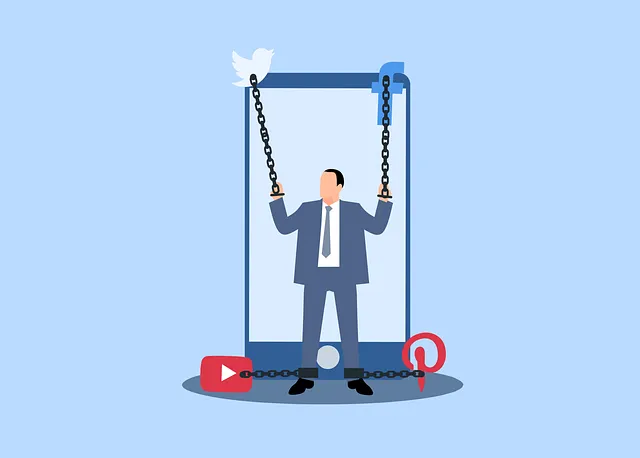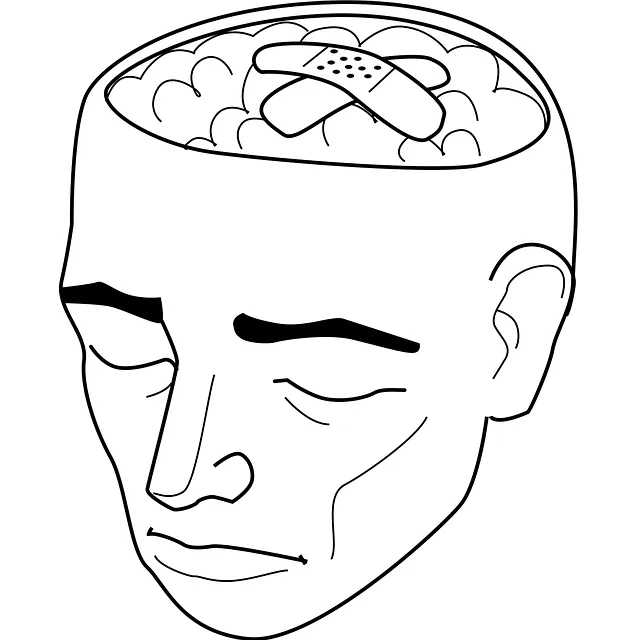In Lakewood, healthcare provider Kaiser offers accessible mental wellness services via innovative digital platforms like mental wellness apps and podcast series. These tools provide personalized support for anxiety, depression, and stress management, empowering users with self-management skills. By integrating technology, Kaiser bridges the gap between patients and professional care, reducing healthcare provider burnout and promoting positive thinking. The development of such apps involves understanding local needs, designing intuitive interfaces with evidence-based tools, and ensuring robust data protection to maintain user privacy and trust.
Mental wellness apps have emerged as a crucial tool in modern healthcare, offering accessible and discrete ways to support individuals’ emotional well-being. With an increasing demand for digital solutions, understanding the specific needs of users is essential. This article explores the development of mental health apps, from identifying the gap in services to implementing effective features inspired by models like Kaiser’s. We’ll guide you through the process, highlighting privacy considerations for a secure Lakewood approach to accessing mental health care.
- Understanding the Need for Mental Wellness Apps
- Key Features of Effective Mental Health Services Apps
- Integrating Kaiser's Model: Accessing Healthcare Through Technology
- Development Process: From Concept to Launch
- Ensuring Privacy and Security in Digital Mental Health Solutions
Understanding the Need for Mental Wellness Apps

In today’s fast-paced world, mental wellness is a cornerstone of overall health, yet accessing quality care can be challenging for many individuals. This is particularly true in areas like Lakewood, where Kaiser and other healthcare providers play a crucial role in addressing the community’s mental health needs. The need for innovative solutions has led to the rise of mental wellness apps, offering accessible and personalized support. These applications are designed to empower users by providing tools and resources that promote mental well-being, catering to diverse preferences and lifestyles.
By integrating Mind Over Matter principles, these digital platforms can offer a range of services, from mindfulness exercises and cognitive-behavioral techniques to community forums and professional counseling. Moreover, mental wellness apps align with the broader Mental Health Policy Analysis and Advocacy efforts, ensuring that individuals have control over their mental health journeys. As part of this trend, production of mental wellness podcast series has gained traction, further enriching accessible content options for those seeking support in navigating life’s challenges through self-care practices.
Key Features of Effective Mental Health Services Apps

Effective mental health services apps should incorporate a range of key features to support users’ well-being. One of the most vital components is personalized content tailored to individual needs, whether it’s managing anxiety, depression, or stress. Apps that facilitate self-assessment and diagnosis through interactive questionnaires and assessments can help users understand their mental health status and guide them towards suitable resources, much like how Kaiser offers mental health services in Lakewood.
Moreover, integrating emotional intelligence (EI) tools and self-awareness exercises can significantly enhance app effectiveness. Features such as mood tracking, meditation sessions, and cognitive-behavioral therapy (CBT) techniques enable users to develop self-management skills. Stress management workshops and organization strategies within the app can also empower individuals to handle daily stressors and maintain a healthy work-life balance. These comprehensive features ensure that users receive ongoing support, making mental wellness apps valuable tools in modern healthcare.
Integrating Kaiser's Model: Accessing Healthcare Through Technology

At Kaiser, a leading healthcare provider, mental wellness is viewed through a comprehensive lens that integrates technology and access to care. Their model emphasizes the importance of leveraging digital tools to bridge the gap between patients and professional support, particularly in areas like Lakewood where traditional services might be limited. By integrating innovative communication strategies, mental health services become more accessible, allowing individuals to seek help from the comfort of their homes.
This approach not only facilitates easier access to care but also plays a crucial role in burnout prevention strategies for healthcare providers. Through technology, therapists and counselors can reach a wider audience, reducing waiting times and ensuring that those struggling with mental health issues receive timely support. Moreover, digital platforms often foster positive thinking by offering interactive tools, resources, and communities that encourage self-care and promote resilience.
Development Process: From Concept to Launch

The development process of a mental wellness app begins with a clear vision and understanding of the target audience’s needs, especially when considering how to get mental health services through Kaiser in areas like Lakewood. This phase involves extensive research, market analysis, and defining key features that set your app apart. It’s crucial to tap into the latest trends and technologies while keeping user experience at the forefront, ensuring the app caters to both modern demands and evidence-based practices for improving mental wellness.
As the project progresses, designers and developers collaborate to bring the concept to life. This includes crafting intuitive interfaces, integrating evidence-based therapeutic tools like Mood Management techniques and Inner Strength Development exercises, and potentially incorporating a Mental Wellness Podcast Series production for engaging audio content. The launch phase involves rigorous testing, gathering user feedback, and making necessary adjustments before introducing the app to a broader audience.
Ensuring Privacy and Security in Digital Mental Health Solutions

In the digital age, developing mental wellness apps has revolutionized how individuals access and receive support for their mental health. However, with this shift comes heightened concerns regarding privacy and security. As users in Lakewood or anywhere share intimate details about their emotional well-being through platforms like Kaiser’s digital solutions, it is paramount that developers prioritize robust data protection measures. Encryption techniques, secure storage, and anonymous user profiles are some strategies to ensure that personal information remains confidential.
This focus on privacy is crucial for fostering trust among users seeking mental health services. By implementing strong security protocols, mental wellness apps can provide a safe space for individuals to learn coping skills development and mood management techniques without fear of data breaches or unauthorized access. Such digital solutions have the potential to reach a wide audience, making it essential to maintain a high standard of security in line with industry best practices.
Mental wellness apps are transforming how individuals access crucial healthcare services, especially as recognized by Kaiser’s model. By integrating technology into mental health support, these applications offer convenient and accessible solutions for those seeking help. From understanding user needs to ensuring privacy and security, the development process involves careful consideration of various aspects. As the demand for digital mental health solutions grows, particularly in areas like Lakewood, leveraging technology to provide effective services becomes not just an option but a necessity.






